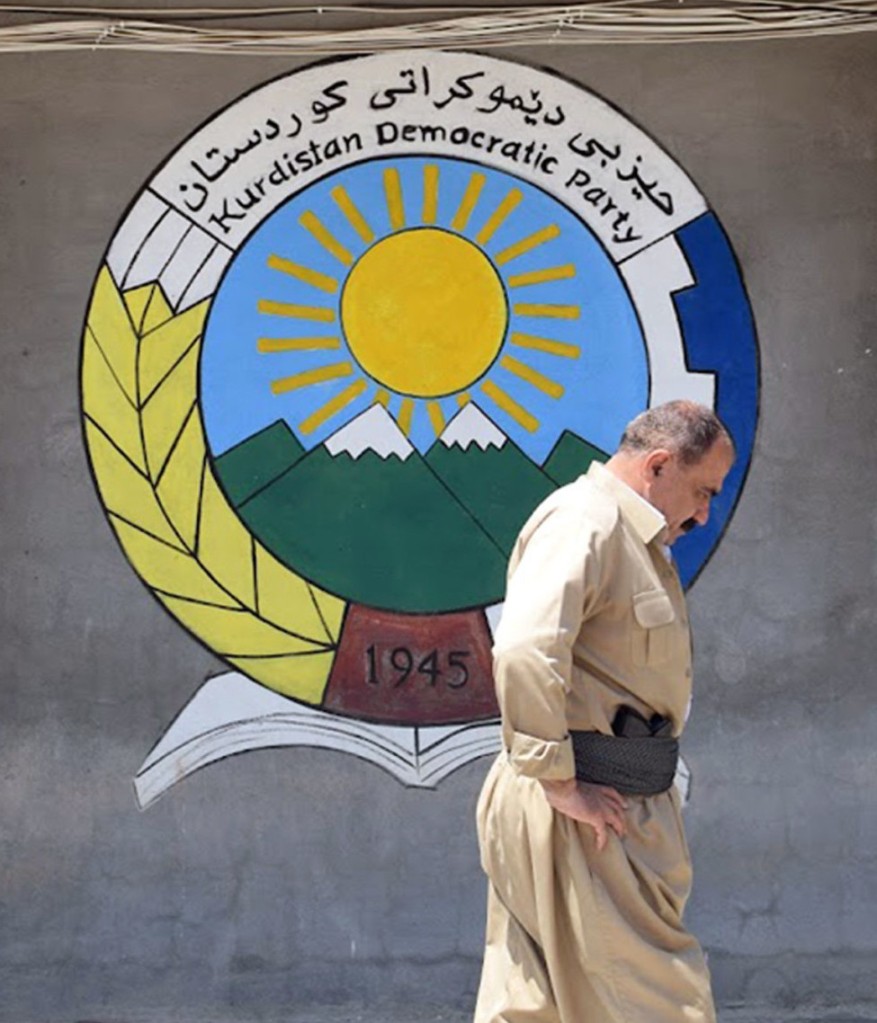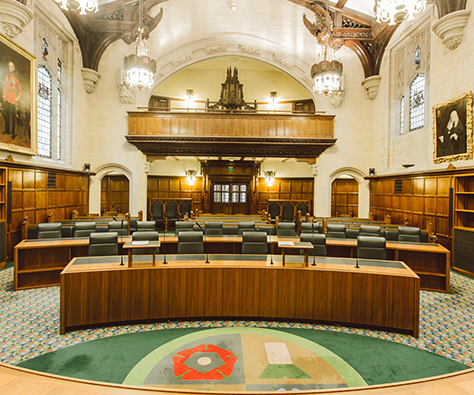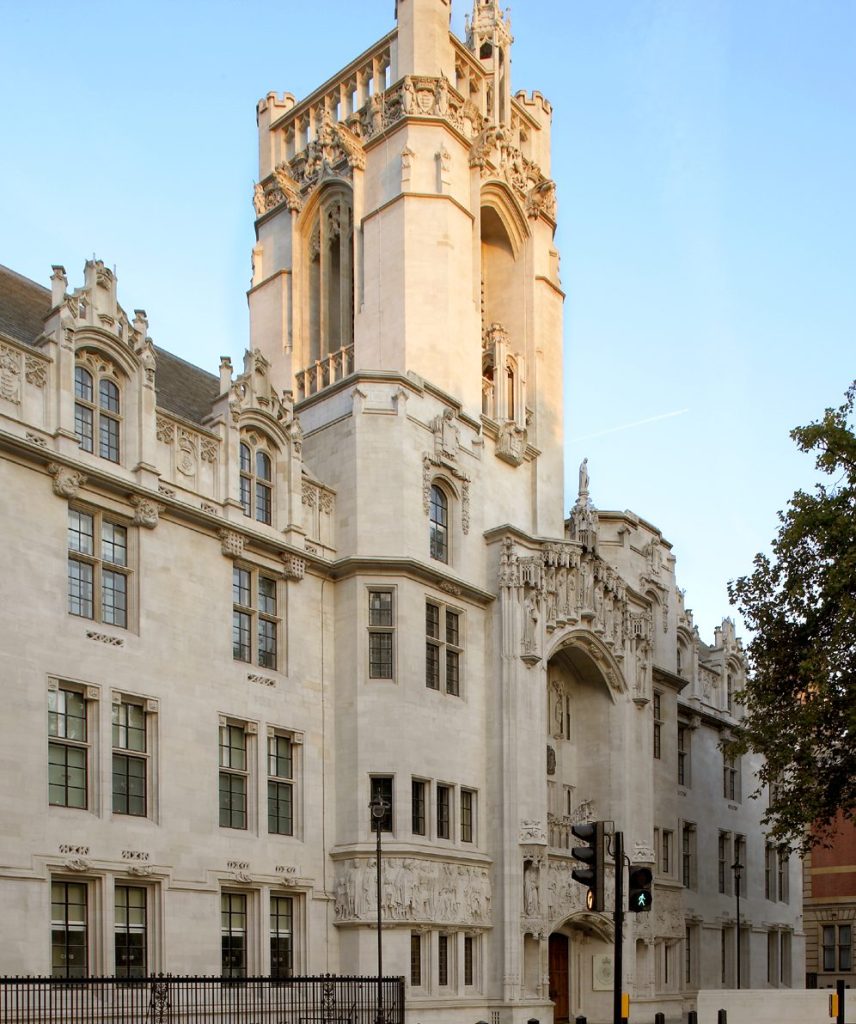Al-Azad v Secretary of State for the Home Department [2024] EWCA Civ 407 (25 April 2024)
The Court of Appeal has rejected the argument that the SSHD should not have refused Mr MN Wohhab Al-Azad’s application for indefinite leave to remain (ILR) on the basis that he made false representations in an earlier application for leave to remain as a Tier 1 (Entrepreneur) Migrant. Lewis LJ (with whom Whipple and Baker LJJ agreed) held that under paragraph 322(1A) of the Immigration Rules, leave was to be refused where false representations in relation to an application for leave to remain or a variation of leave to remain had been made. The application for ILR, made whilst the Tier 1 application was still pending, varied the existing application. The new ILR application did not replace it the earlier pending Tier 1 application. In this appeal from the Upper Tribunal, the Court of Appeal had to determine the proper interpretation of the Immigration Rules set out in paragraph 322(1A) and paragraph 322(5). Lewis LJ stated that an applicant must be honest throughout the application process. Mr Al-Azad was a Bangladeshi national had been granted leave to remain until 2013 as a Tier 1 (Highly Skilled) migrant. But before that leave expired, in 2013 he applied for leave to remain as a Tier 1 (Entrepreneur) migrant. While that application was pending, in 2018 he applied for ILR on the basis of 10 years’ continued lawful residence in the UK. The SSHD refused to grant ILR and found that Mr Al-Azad had made false representations in the application for leave to remain as a Tier 1 (Entrepreneur) migrant.
The decision-maker found that he had not engaged in a genuine business and had formed a partnership with another person with a view to appearing to satisfy the requirements for leave to be granted. The decision-maker also considered that paragraph 322(1A) required refusal in such circumstances, and alternatively, that leave would have been refused under paragraph 322(5). Mr Al-Azad appealed against that decision to the First-tier Tribunal on the basis that any false representations had merely been made in connection with the Tier 1 (Entrepreneur) application and not the later application for ILR. The FTT dismissed the appeal. An appeal against that decision to the UT was unsuccessful. Mr Al-Azad appealed against the UT’s decision to the Court of Appeal. He was aggrieved because he found that the FTT misconstrued paragraph 322(1A) of the Immigration Rules. The UT’s conclusion that there was no material error in the FTT’s decision was wrong in law. He said that the FTT had erred in law in failing to conduct the two-stage balancing exercise as required under paragraph 322(5) of the Immigration Rules. The UT’s conclusion that there was no such error in the FTT’s decision was, therefore, wrong in law. The SSHD sough to uphold the decision on two additional grounds. Firstly, that the alleged errors were academic as Mr Al-Azad had not appealed against the FTT’s finding that his application did not meet the requirements of paragraph 276B(ii)(c) of the Immigration Rules. Secondly, if the FTT erred in law on paragraph 322(5), any error was immaterial because any rational tribunal must have come to the same conclusion.
Continue reading






















